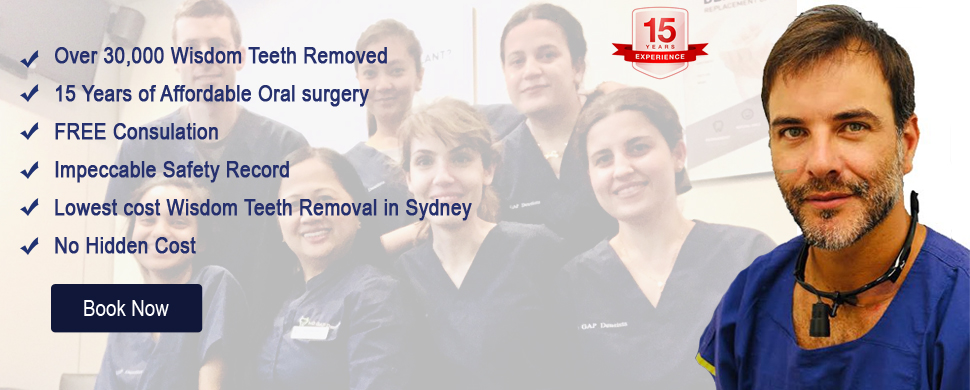There are some common concerns and doubts that nag every patient before any dental procedure. So, it is likely that you may have questions for your dental surgeon when asked to undergo a wisdom tooth extraction.
More often than not most dentists and dental surgeons will answer all your doubts and queries regarding the wisdom tooth extraction procedure. However, here are some basic and common FAQs or frequently asked questions asked by most patients about wisdom tooth extractions and their answers. Go through these and then if you still have anymore doubts you can always consult your dentist or dental surgeon for further clarifications.
1. Why do I need to undergo this procedure/treatment?
You have been advised a wisdom tooth extraction because your dentist has detected problems with your wisdom teeth. The wisdom teeth may be impacted which causes them to create problems and discomfort for you. Hence, to avoid further complications like swelling, decay, cysts, etc. you have been advised a wisdom tooth extraction procedure.
2. What does the wisdom tooth extraction procedure involve?
The procedure of wisdom tooth extraction varies for each person as it is dependent upon the condition of each individual’s tooth. However, more often than not the common procedure of extracting an impacted wisdom tooth involves making a small incision in the gum to remove the wisdom tooth. After the wisdom tooth has been removed the gum is stitched back with dissolvable stitches.
3. Will an anaesthetic be used? If yes, what type?
Most dentists and oral surgeons will administer an anaesthetic before a wisdom tooth extraction to minimise the pain for the patient. There are several types of anaesthetics and the dental surgeon will administer the anaesthetic that is most suitable for each individual patient. The main types are:
1. Local anaesthetic
2. Intravenous
3. General anaesthetic
4. How long will the procedure last?
The duration of the wisdom tooth extraction procedure is again determined by the condition and the complexity and position of each individual patient’s wisdom teeth. However it should not take more than 15 minutes to extract the wisdom tooth.
5. What care do I need to take after the surgery?
After a wisdom tooth extraction the patient must ensure the extraction site is as dry as possible. Opt for a diet of soft foods. Use a mouthwash instead of brushing your teeth for the next two weeks after the surgery
6. Am I at risk of developing any complications post the wisdom tooth extraction?
While it is very rare to develop serious complications post a wisdom tooth extraction, some people may still develop infections or problems like a dry socket. However, in most cases the problems will not last more than a week. The patient must maintain optimum oral hygiene and follow the dentist’s after-care instructions to avoid developing complications.
7. Can this treatment be postponed?
It is important to undergo the wisdom tooth extraction as soon as possible after the dental surgeon advises you. This is to ensure you do not develop further complications. By postponing the extraction you are not putting your health at risk but as complications increase the cost of wisdom tooth extraction will also rise. Hence, if you want a cheap wisdom teeth removal procedure avoid postponing the treatment.
8. How much will the treatment cost?
Most patients hope to get a cheap wisdom teeth removal procedure. However, the cost of the wisdom tooth extraction is determined by every individual patient’s condition and complications. You are likely to have a cheap wisdom teeth removal procedure if there are no complications involved.
If you still have more questions, or need clarity on any of the above questions, simply consult your dental surgeon.
Author: Erica Greenslade
Resource: The author is an active blogger and dental health expert by profession. Her knowledge in the field of dentistry has seen her contribute to and write several articles on topics like the risks involved in wisdom tooth extraction, the best clinics offering cheap wisdom teeth removal, tips to maintain gum health, etc.



